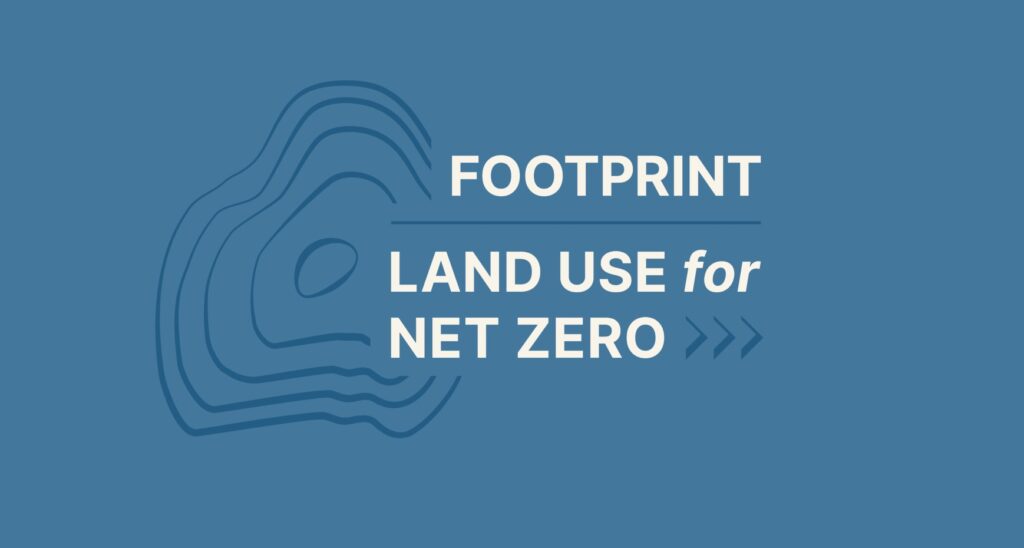The CCRI is working with 23 partner organisations across Europe in a new Horizon 2020 project. The pan-European partnership also includes Gloucestershire County Council (GCC) and Welsh Local Government Association (WLGA). The partnership is led by the Rural Sociology Group at Wageningen University. The CCRI research team is Damian Maye, Dan Keech, Matt Reed and James Kirwan.

The project started in June 2017, when the CCRI team attended the kick-off meeting in Ede in the Netherlands, where over 60 partners met to initiate this project. ROBUST will run for four years.
ROBUST and all related processes are designed to advance our understanding of the interactions and dependencies between rural, peri-urban and urban areas. The project has been developed collaboratively by practice partners (municipal and regional authorities), research partners (research institutes and consultancy firms) and umbrella organisations of local governments (ICLEI) and peri-urban regions (PURPLE).
The ROBUST consortium brings together rural and urban expertise from different settings with a highly interactive work programme involving research, policy and practice partners. The common goal of all actors involved is to deliver policy-relevant analyses and to contribute actively to the further development of governance systems and processes fostering rural-urban synergies and thereby smart, sustainable and inclusive growth.
The overall goal of ROBUST is therefore to: a) advance our understanding of the interactions and dependencies between rural, peri-urban and urban areas, and b) to identify and promote policies, governance models and practices that foster mutually beneficial relations. Improved governance arrangements and synergies between rural, peri-urban and urban areas will in turn contribute to Europe’s smart, sustainable and inclusive growth, maximising the creation of rural jobs and value-added. A set of eleven real-life cases covering diverse territorial contexts is key to ROBUST. The real life settings will be used to explore and illustrate – in very practical terms – rural-urban relationships and dependencies as well as conducive and non-conducive governance arrangements.

The CCRI team will be looking at Gloucestershire as a case study. Gloucestershire is expected to experience high levels of growth over the next 15-20 years. Not all of this growth can be accommodated within the existing urban areas and large tracts of rural and semi-rural land will be required for future employment and housing development. It will be vital to ensure that such growth is brought forward in parallel with the required associated infrastructure – such as highways, public transport, education, telecommunications, etc. At the same time decision-makers aim to protect the County’s unique natural environment.
How to ensure biodiversity, water quality, flood risk management and distinctive landscapes through novel rural-urban networks? To what extent can Gloucestershire offer waste, air pollution and flood management services within the region? How can these rural-urban functions be managed in the consideration of the hierarchy of local authority levels? ROBUST will provide an excellent opportunity to more fully understand the social impacts of such proposed growth and the linkages between the existing urban areas and the wider rural areas.
Six highlights of the ROBUST project:

- ROBUST and all related processes are designed to advance our understanding of the interactions and dependencies between rural, peri-urban and urban areas. The project has been developed collaboratively by practice partners (municipal and regional authorities), research partners (research institutes and consultancy firms) and umbrella organisations of local governments (ICLEI) and peri-urban regions (PURPLE).
- The ROBUST consortium brings together rural and urban expertise from different settings with a highly interactive work programme involving research, policy and practice partners. The common goal of all actors involved is to deliver policy-relevant analyses and to contribute actively to the further development of governance systems and processes fostering ruralurban synergies and thereby smart, sustainable and inclusive growth.
- ROBUST starts with a review of our current understanding of the interactions and dependencies between rural, peri-urban and urban areas and how these translate into varying development patterns. The review will be enhanced through a rapid appraisal of existing research and a first screening of policy frameworks, governance systems, instruments and practices. Practice partners will be actively involved in this review in order to improve its relevance and fit for the joint working and learning.
- A set of eleven real-life cases covering diverse territorial contexts is key to ROBUST. The reallife settings will be used to explore and illustrate – in very practical terms – rural-urban relationships and dependencies as well as conducive and non-conducive governance arrangements. The concrete challenges and questions these practice partners are currently confronted with as well as their particular interests and decision support needs have driven the planning of the project (Section 1.4.2). The same challenges are entry points into the analysis and joint learning. The outputs from the transdisciplinary work will target tangible solutions and improved implementation. How the eleven study areas will directly benefit from the integrated work is described in Section 2.2.
- ROBUST will provide an illustration of the potential of place-based approaches based on an in-depth analysis of current practices and approaches. This will emphasize effective uses of local capacities, resources and knowledge thereby supporting the self-efficacy of people and communities, and adding value in sustainable ways.
- ROBUST will – on this basis – be in a position to identify and strengthen policies, governance systems and practices that contribute effectively to smart, sustainable and inclusive growth across rural, peri-urban and urban areas, and across all of Europe. Particular attention will be paid to identifying common interests, tensions and trade-offs as well as governance systems that are effective in managing these. ROBUST will provide practice-oriented information about successful governance models, practices and instruments. Some of this information will take the form of general principles, processes and instruments that are applicable to different settings, other information will be context or place-specific. The outcomes include targeted communications, information for a wide audience and training materials.

This project has received funding from the European Union’s Horizon 2020 Programme




